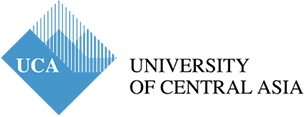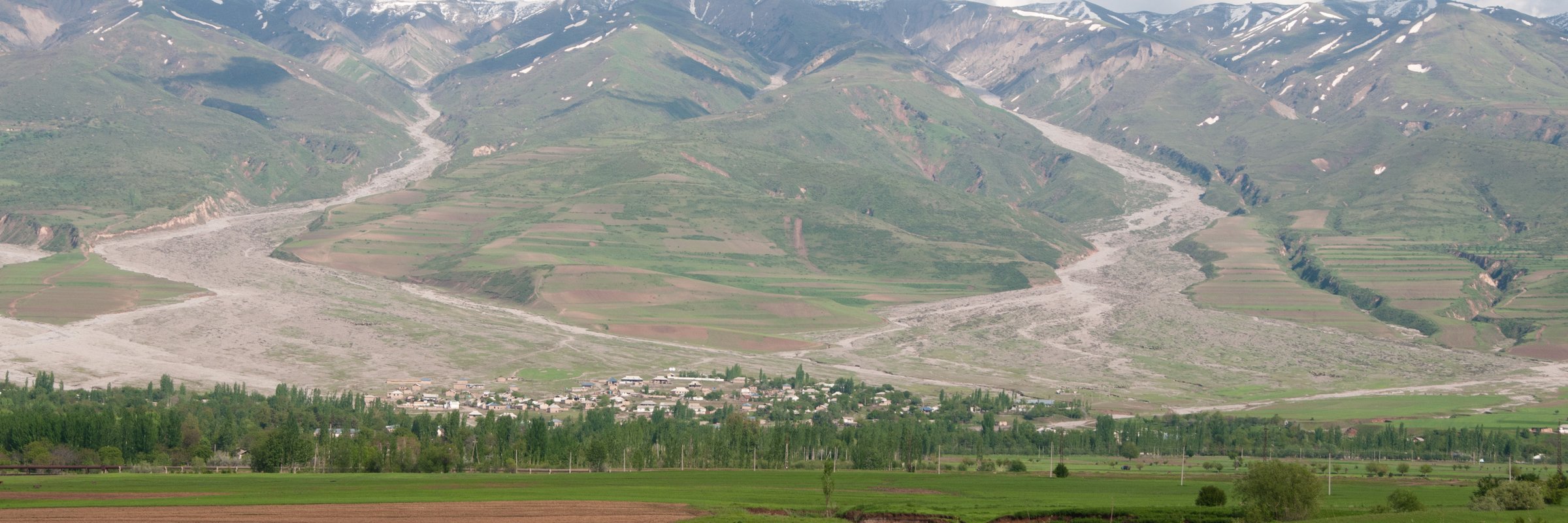
Knowledge Management for Integrated Watershed Management and Disaster Risk Reduction
Effective IWSM and DRR can be delivered through sound SLM practices that consider the local context and incorporate local knowledge.
About the project
Tajikistan is highly vulnerable to natural hazards that can cause disasters. Due to its mountainous terrain, the country frequently experiences disasters related to rainfall, such as floods and landslides, but also dry spells. At the same time, farming and firewood collection are widely practised in ecologically fragile areas, such as the upper zones of watersheds. Inadequate land management practices result in soil degradation and increased water runoff, which alter the water balance and increase the risk of disaster. Integrated Watershed Management (IWSM) uses Sustainable Land Management (SLM) practices to manage trade-offs between immediate human needs and the protection of ecosystems in watershed areas.
Between 2013 and 2015, the Swiss Agency for Development and Cooperation (SDC) worked to integrate watershed management projects in Muminabad district and the Rasht and Ferghana valleys. Technical support was provided by the Centre for Development and Environment (CDE) of the University of Bern, which made accessible state-of-the-art knowledge and know-how to project partners.
The project integrated activities at the local and national levels, linking them to the global level. Five workshops brought together local stakeholders in Muminabad District, Rasht Valley, Ferghana Valley, and Gorno-Badakhshan Autonomous Region. The knowledge management component was designed to provide state-of-the-art approaches and methods, while facilitating exchange among IWSM practitioners and decision-makers. Inputs were provided to the Central Asian Mountain Partnership regional forum and SDC’s multi-country field–field exchange on DRR in 2012. The project used WOCAT tools and resources, and developed them further in the field of watershed management. It also worked with PhD and MSc students of the University of Bern and the University of Central Asia.
Project results and impacts
The project showed that effective IWSM and DRR can be delivered through sound SLM practices that consider the local context and incorporate local people’s knowledge about cultivation practices. Spreading SLM practices thus requires a community-based approach that enables local actors to participate in decision-making on local plans and strategies. Tajikistan’s ongoing reform of the water sector provides an opportunity to integrate aspects of knowledge management and local stakeholder participation in effective IWSM planning.
Knowledge management at the
watershed level
Workshops and training of trainers were conducted for the different SDC projects and in collaboration with the IWSM implementing partners: Caritas in Muminabad (2012 and 2014), MSDSP in Garm (2014), and ACTED and Helvetas in the Ferghana Valley (2014 and 2015).
Spreading lessons learned and
knowledge on IWSM among stakeholders at the national level
Policy briefs and videos were created to spread IWSM knowledge among stakeholders involved in watershed management, project staff, and government experts. The materials were used and distributed at training events, round tables, and in conferences. IWSM policy brief No. 1 was published in May 2014 and provided background information on IWSM in Tajikistan. IWSM policy brief No. 2 followed in May 2015 and focused on “Pathways to effective integrated watershed management”.
Sharing knowledge across the Central
Asia region and globally
The CDE team and IWSM partner organizations held presentations at various workshops and conferences at the regional and global level, to share knowledge from the IWSM activities in Tajikistan with a wider audience.
PhD and MSc studies helped build the
knowledge base on IWSM
The collaboration with Central Asian and Swiss PhD students was a win-win situation for the IWSM projects as well as the research. The students contributed to building the IWSM knowledge base while interacting with stakeholders. Central Asian PhD researchers registered at University of Bern, and part of the Central Asia Faculty Development Program (CAFDP) of the University of Central Asia (UCA), contributed in various ways: especially through moderating workshops and providing presentations, but also with translations and organizational support.
Publications
Wolfgramm, Bettina (2015). Pathways to effective integrated watershed management (IWSM Policy Brief). Bern, Switzerland: Centre for Development and Environment (CDE).
Wolfgramm, Bettina; Liniger, Hanspeter; Nazarmavloev,
Farrukh (2014). Integrated Watershed Management in Tajikistan (IWSM
Policy Brief). Bern, Switzerland: Centre for Development and Environment (CDE).
Other relevant links
EDA: Disaster risk reduction, emergency relief and reconstruction. Read here.
Countries
Contact
 Switzerland
Switzerland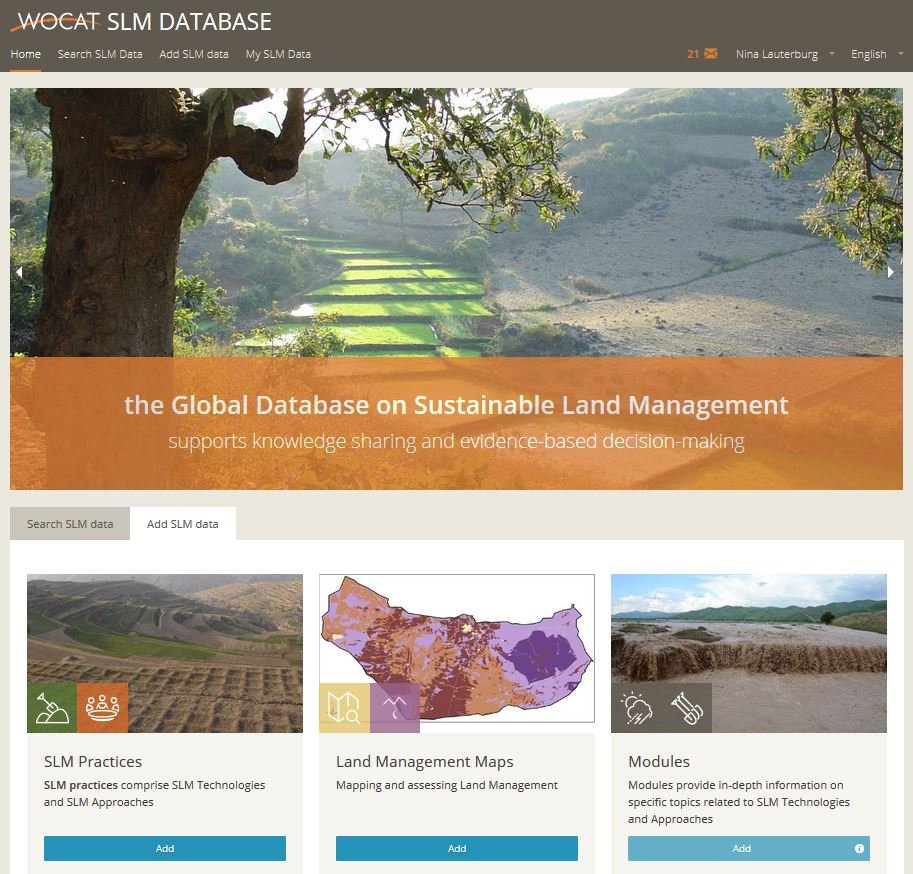
SLM practices documented within this project.
Project duration
2013 - 2015
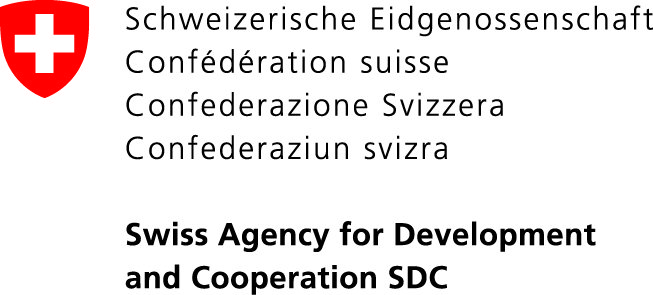
Swiss Agency for Development and Cooperation (SDC)
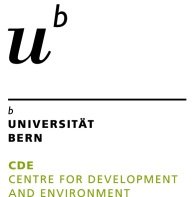
Center for Development and Environment (CDE)

CARITAS Switzerland (CACH)

ACTED
